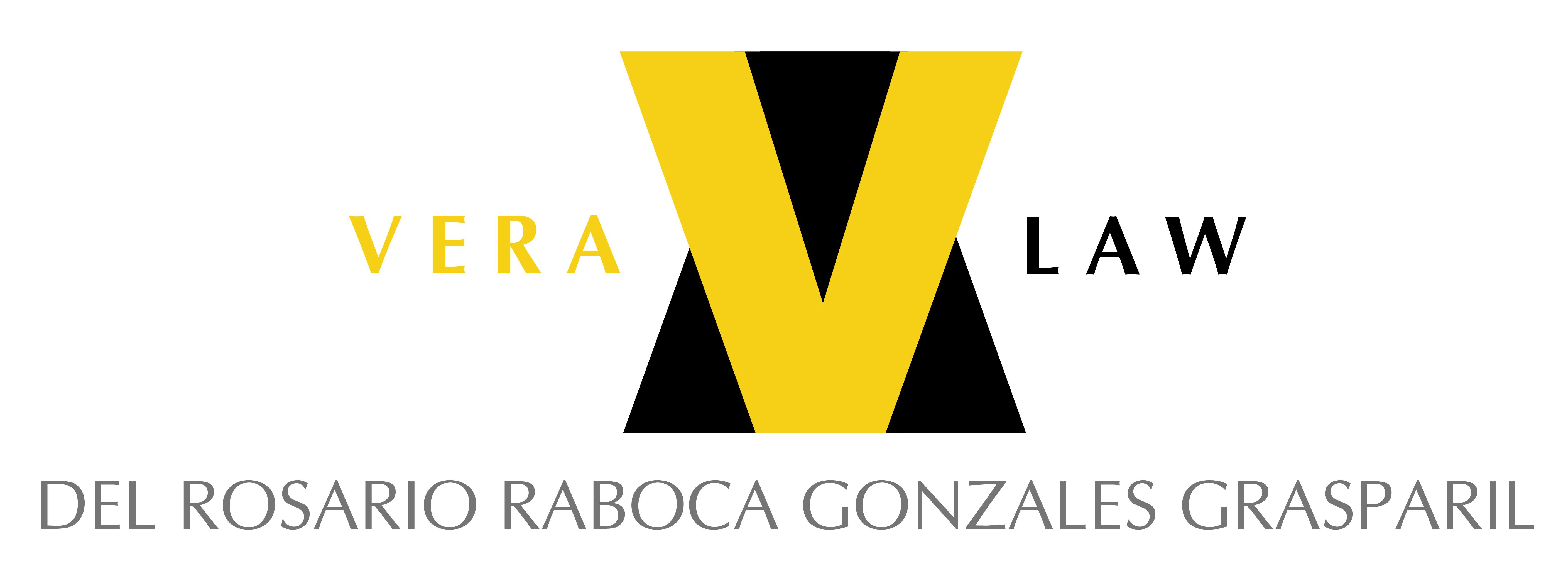The new law RA 11659 was an extensive overhaul of the business activities that used to be reserved for Filipinos only. However, our focus is on the shipping aspect only. One of the significant changes was the repeal of Republic Act No. 9295 known as the Domestic Shipping Law, which restricted the foreign participation on the domestic shipping business to a maximum of 40% equity participation. Some publication have broadcasted that shipping business in the Philippines has now been opened to 100% foreign ownership. That is correct in a Philippines sort of way. The vehicle must still be a Philippines organized corporation but the ownership of which can be 100% owned by foreigners. Moreover, the 100% foreign-owned Philippine corporation must still apply for a franchise with MARINA before it can operate and do business in the Philippines.
THE WORKINGS OF THE NEW LAW RA 11659
We refer to the new law amending the Public Service Act (PSA), and the emphasis has to be on the word “amend” because the PSA has not been repealed. This is significant as will be explained below.
The PSA is a very old law, circa 1936. The purpose of the law was to regulate and license activities that affect the public and one of them was shipping. The law survives but the regulatory functions have been transferred from the Public Service Commission to specialized administrative agencies like the Maritime Industry Authority (MARINA) in the case of shipping.
Any foreign company wishing to engage in the shipping business in the Philippines must establish a Philippine corporation. The reason for this is that the PSA requires that a company wishing to engage in a “public service” as defined in the PSA, must apply for a “certificate of public convenience”, which we refer to as a franchise. Under our current laws, only a company duly organized and registered in the Philippines is entitled to apply for a franchise before MARINA.
The drafters of the of the new law were very clever. They created a sub-set of public service activities which they termed “Public Utilities” for which a nationality requirement was imposed. As defined under the law, a “Public Utility” shall include any public service company that operates, manages, or controls for public use any of the following: 1) distribution of electricity, 2) transmission of electricity, 3) petroleum and petroleum products pipeline transmission systems, 4) water pipeline distribution systems and wastewater pipeline systems, including sewerage pipeline systems, 5) seaports, 6) public utility vehicles. All of these activities may only be performed by companies which meet the nationality requirement of at least 60% Filipino ownership. Shipping was not defined as a Public Utility. For the other public service activities which were not specially defined: There is no nationality requirement. The amended PSA is very clear on that, and it said: A nationality requirement shall not be imposed by the relevant Administrative Agency (MARINA in this case) on a public service not classified as a Public Utility.
Should you require further information on any of the points above please contact vrdelrosario@veralaw.com.ph or mvbautista@veralaw.com.ph .

